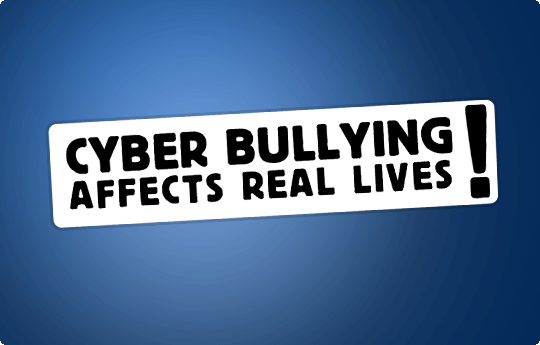
Cyberbullying is on the rise among grades 6-12. By 2008, 93 percent of young people between the ages of 12 and 17 were online. In fact, youth spend more time with media than any single other activity besides sleeping. It is estimated that 6 percent of these students experience some form of bullying according to the 2008–2009 School Crime Supplement (National Center for Education Statistics and Bureau of Justice Statistics). Some estimates surpass 12 percent for high school students.
Since technology has become pervasive in all facets of our lives, cyberbullying has deeply penetrated the formerly protected confines of the home. In some cases, kids are facing a constant bombardment of hurtful Facebook comments and text messages that follow them after normal school hours, resulting in potentially 15+ hours of bullying a day.
The National Crime Prevention Association lists tactics often used by cyberbullies:
- Pretend they are other people online to trick others
- Spread lies and rumors about victims
- Trick people into revealing personal information
- Send or forward mean text messages
- Post pictures of victims without their consent
Bullied adolescents and teenagers are more likely to start missing or performing poorly in school, using drugs or alcohol, develop self-esteem problems, and sometimes contemplate suicide. Kids often deal with loneliness, disillusionment, and distrust of people.
What can parents do about cyberbulling?
Be aware of what your children are doing online. Social media is pretty ubiquitous and you can almost be certain your child is using it, but look for changes in behavior. Are they suddenly withdrawn or sullen? Has their appetite changed? Are they interacting with a new set of friends?
Stopbullying.gov recommends establishing rules about technology use in relation to the bullying. Determine what sites they can visit and what they can’t. Talk to them about the impact their posts and photos can have on themselves and others. The most powerful weapon a parent has is to speak to their child about this if they notice any unusual changes.
It’s not unusual for bullied kids to suffer in silence. We must teach our kids that keeping quiet is not right. Silence is the biggest ally of a bully and allows the bullying to continue. If your child sees or is a victim of a bullying, they need to tell someone about it!



